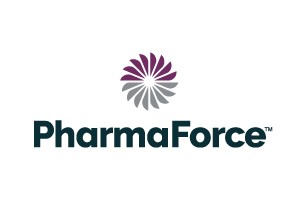
SPONSORED CONTENT

TIP: When approving your 340B wholesaler invoices for payment, make sure to compare the invoiced amount to your 340B catalog or the ceiling price to ensure you were not overcharged.
The problem: Most covered entities have tens if not hundreds of invoices from multiple wholesalers and distributors on a monthly basis and often pay without ever questioning or verifying the amount charged. Often these invoices go to your accounting department and are approved for payment via the hospital’s or health center’s accounting software. We have seen a lot of instances where those invoices are incorrect (often inadvertently) leading to overpayment by the covered entity. As manufacturer restrictions and the removal of 340B pricing from wholesaler accounts has become more prevalent, we have found this as one of the leading reasons for errors on invoices.
The solution: The covered entity can take steps to mitigate instances of overpayments by 1) understanding each distributors invoicing practices and timeline, 2) implement a process that reviews invoice reports on a regular basis that compares invoice pricing, 3) spot-check invoices. If the CE finds any instances of overpayments then it can report it to the wholesaler and seek remediation options. Additionally, entities are encouraged to report to HRSA instances where the 340B ceiling price is not offered.

Anthony Velasquez, Chief Product Officer at PharmaForce, can be reached avelasquez@thepharmaforce.com


